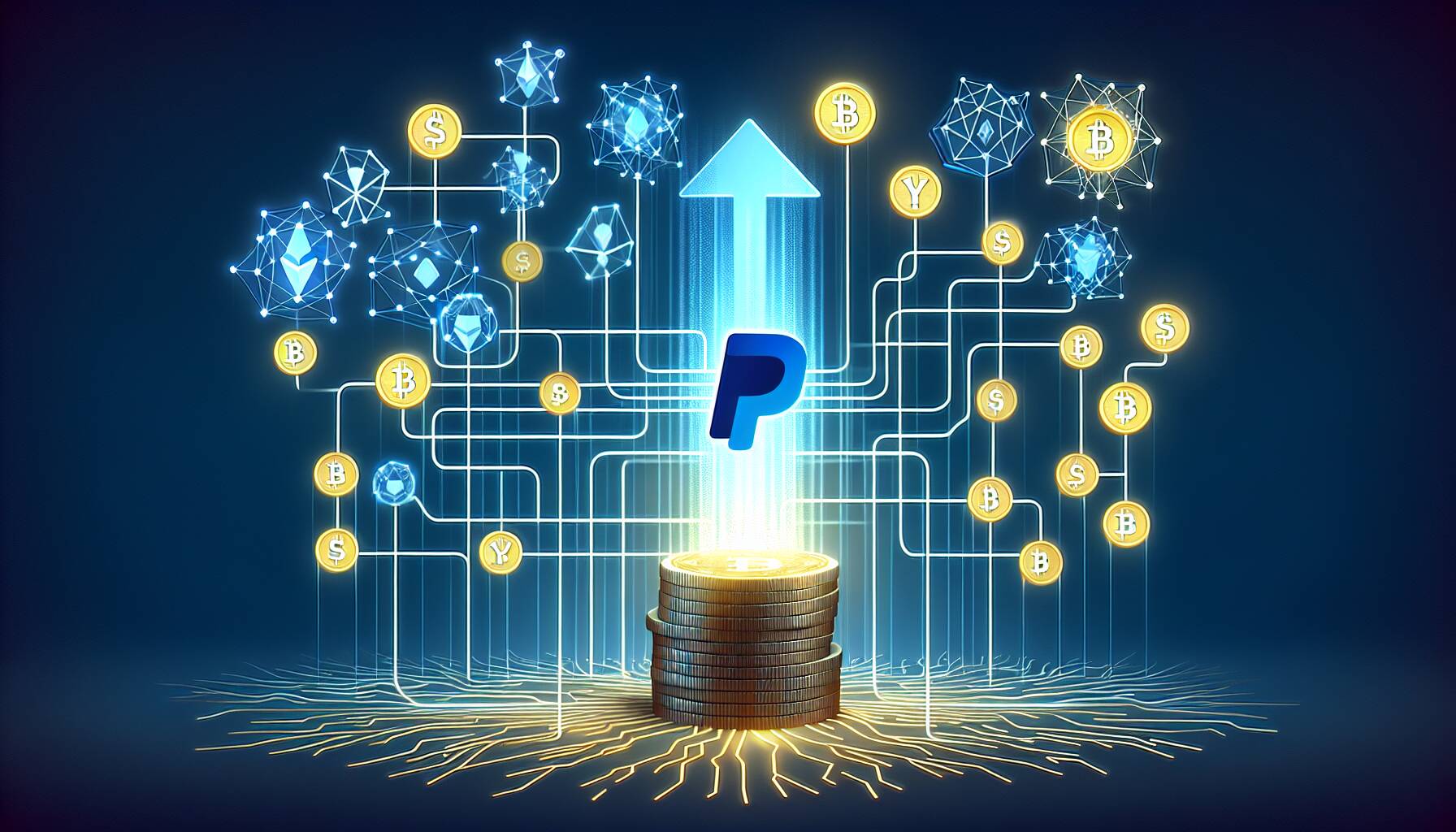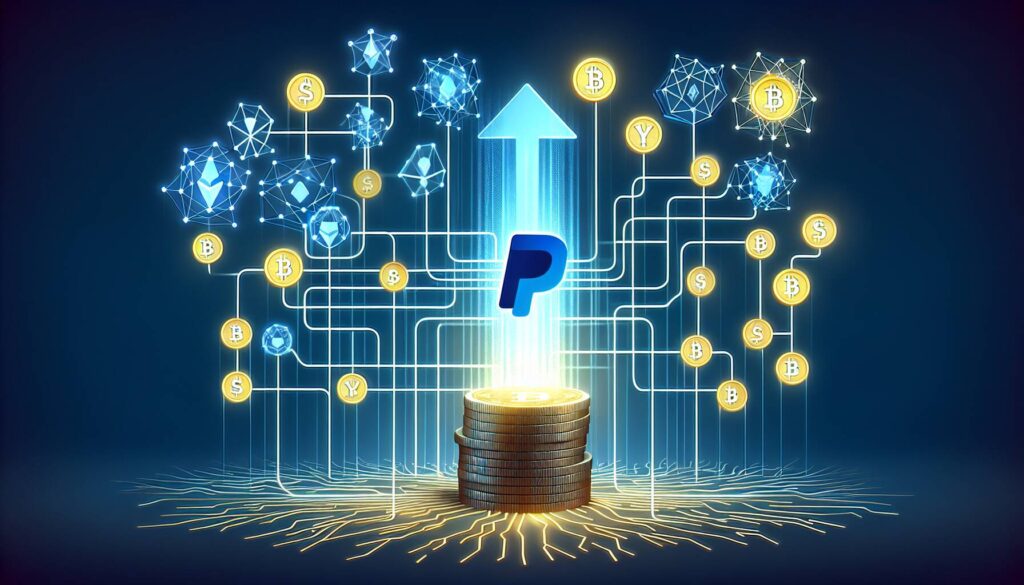In a significant move for the cryptocurrency landscape, PayPal’s U.S. dollar stablecoin (PYUSD) is set to expand its reach, thanks to the interoperability protocol LayerZero. This expansion integrates PYUSD into nine additional blockchains, broadening its accessibility beyond its initial four blockchain homes—Ethereum, Solana, Arbitrum, and Stellar.
LayerZero has seamlessly integrated PayPal USD into its Hydra Stargate system, allowing for a permissionless version of the stablecoin called PYUSD0, which is interchangeable on a one-to-one basis with the underlying token. This breakthrough opens doors for PYUSD on various platforms, including Abstract, Aptos, Avalanche, Ink, Sei, Stable, and Tron. Furthermore, existing community-issued variants on Berachain and Flow will transition automatically to accommodate this upgrade.
Launched in 2023, PYUSD emerged as one of the first major stablecoins backed by a mainstream payments firm, marking a pivotal development in bridging traditional finance with the crypto economy. As LayerZero facilitates this expansion, the aim is to tap into new markets swiftly, providing users with a reliable dollar-pegged stablecoin. Current data from RWA.xyz indicates that the supply of PYUSD has surged to $1.3 billion, a notable increase from approximately $520 million earlier this year, demonstrating growing adoption and utility within the digital currency sphere.
“With the introduction of PYUSD across more blockchains, PayPal continues to lead in the evolving financial landscape, making it easier for users to engage with cryptocurrency through stable assets.”

PayPal Expands PYUSD Stablecoin to More Blockchains
Key Points:
- Expansion to Nine More Blockchains: PayPal’s U.S. dollar stablecoin (PYUSD) is being introduced to additional blockchains, increasing its accessibility.
- Interoperability via LayerZero: The integration with LayerZero’s Hydra Stargate system allows for a permissionless version of PYUSD, enhancing its usability across platforms.
- Conversion to PYUSD0: Existing versions of the token will automatically convert to PYUSD0, ensuring seamless transition for users across different networks.
- Market Reach: The expansion aims to capture new markets quickly and enhance the presence of a dollar-pegged stablecoin within the broader crypto ecosystem.
- Current Supply Growth: PYUSD’s supply has significantly increased from $520 million to $1.3 billion within the year, indicating a rising demand and trust in the stablecoin.
This expansion could impact users by providing more options for transactions and investments within the crypto space, facilitating easier access to a stablecoin backed by a reputable payments firm.
PayPal Expands Its Stablecoin Reach: A Comparative Perspective
PayPal’s recent maneuver to extend its U.S. dollar stablecoin, PYUSD, to nine additional blockchains through LayerZero’s interoperability protocol marks a significant step forward in the competitive realm of digital currencies. This expansion not only enhances the accessibility of PYUSD across platforms such as Aptos and Avalanche but also solidifies PayPal’s position as a formidable contender in the stablecoin market, alongside other prominent names like Tether (USDT) and Circle’s USD Coin (USDC).
Competitive Advantages: One of the standout benefits of PayPal’s initiative lies in its backing by a reputable payments firm, which can instill trust and facilitate user adoption. The integration with LayerZero allows for seamless interoperability, potentially setting apart PYUSD from competitors that may only operate within limited ecosystems. Additionally, with a significant increase in supply, now at $1.3 billion, PYUSD demonstrates strong growth potential, attracting both retail and institutional investors who are increasingly looking for reliable dollar-pegged stablecoin options in the crypto economy.
Competitive Disadvantages: However, challenges remain. The stablecoin market is rife with competition, and established players like USDT and USDC have already built substantial trust and liquidity in the crypto space. This long-standing position may pose hurdles for PYUSD as it attempts to gain traction across diverse blockchain networks. Furthermore, regulatory scrutiny over stablecoins could impact its adoption, especially as crypto legislation evolves, potentially creating barriers that PayPal must navigate effectively.
This development could benefit a range of stakeholders, including DeFi projects and crypto enthusiasts looking for stable, dollar-pegged assets that are widely accessible across multiple ecosystems. On the flip side, traditional payments firms clinging to conventional models may find themselves at a disadvantage as digital currencies gain momentum, forcing them to adapt or risk obsolescence in a rapidly changing financial landscape.

















